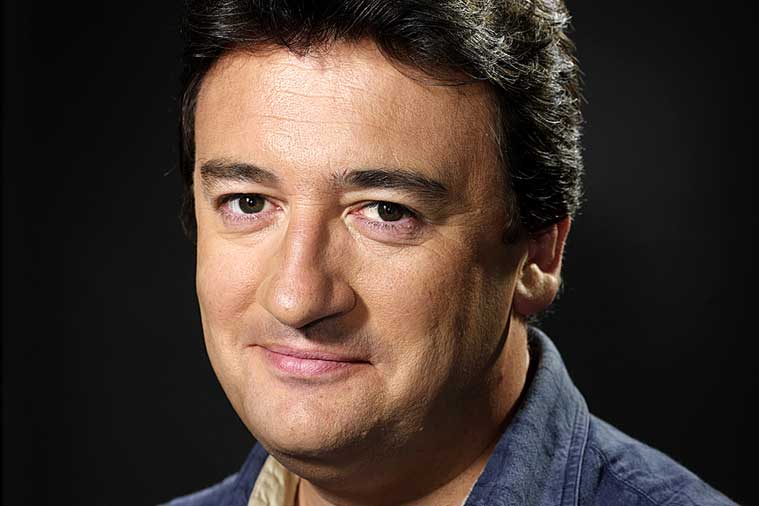
Fergal Keane will be in conversation with Little Atoms editor Padraig Reidy on Saturday 29 April as part of the Writers of the World Unite Festival. Tickets are free and are available here.
Throughout his career as a journalist and author Fergal Keane has witnessed the great upheavals of the past 25 years with a rigorous but compassionate eye. His next book, Wounds, focuses on the impact of the Irish War Of Independence on his own family history. In this interview, he speaks to Little Atoms about history, literature, and the post-Trump world order.
In 2015, you wrote in Little Atoms magazine that there is “a wild, scary energy on the loose”. Could you have even imagined then the upheavals we see now, post-Brexit, post-Trump?
No. I didn’t think Brexit would happen. I didn’t think Trump would win. I did see the energy as a force that was like a wave looking for a shore. It was the manifestation of that energy, it’s political expression that I did not foresee.
Do events like Brexit, and the rise of Donald Trump, represent a revolution of a new worldview, or a reaction, a return, or an attempt to return, to something that predated the liberal democratic order?
They are partly a yearning, a militant nostalgia, a ravenous and angry sentimentality borne out of impossible to keep promises made by politicians, and confusion with the modern world. I don’t believe this state of affairs is permanent. The liberal democratic order is here to stay. Trump's USA is not the Weimar Republic. Enough with the panic!
Your own work often focuses on the upheaval faced by ordinary people in the face of great events - war, revolution. How important is it to you to stress the universal element of our nature?
If there were only one universal element that would be great! But there are several. What fascinates me is the revival of the atavistic element in societies that have had the benefit of human rights, education, health care, freedom of expression, democratic politics. This is a “universal element” we now share with societies traditionally regarded as being politically underdeveloped or trapped in the politics of ancient hatred.
Can books change the world?
Oh yes! But not always in the way we would wish. The way in which a constituency of fanatics has/is interpreting the Koran is a case in point. The Wahabis changed the world, violently and terribly. Examples abound.
Are all revolutions bound to disappoint in the end?
If only they did end. But they tend to mutate, morph or stagger on, endlessly disappointing. There is rarely a completion is there? Nothing in human affairs points us to a defined end point. We never arrive.